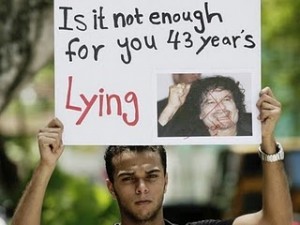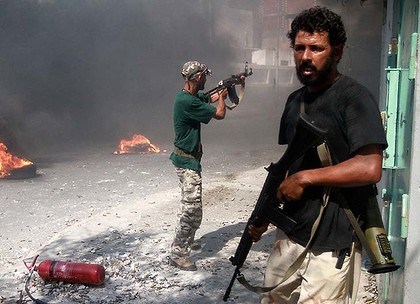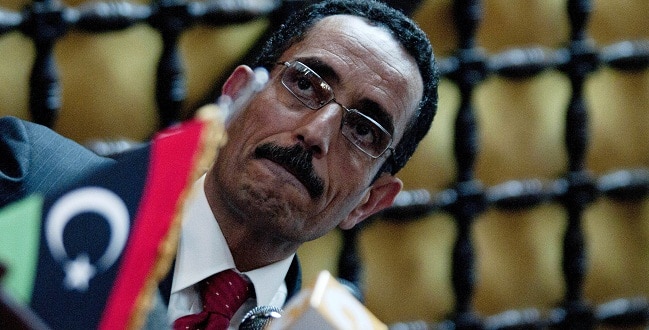The end is almost upon Gaddafi and his regime. As darkness fell across the country, mosques in Tripoli broadcast public messages urging civilians to fight.
They rallied locals to take up arms against Gaddafi’s regime with chants of Allahu Akbar (God is Great) from their loudspeakers. It was on this cue that rebel ‘sleeper cells’ emerged, engaging in gunfights around the city. They had been secretly armed during the six-month civil war, waiting for the key moment to strike.
The rebels fought in isolated parts of the city, taking on snipers and other gunmen loyal to Gaddafi’s regime. But they couldn’t succeed alone, needing substantial outside help. This is when the rest of the rebel plan fell into place.
First, a group of around 200 fighters slipped into Tripoli by sea, travelling from further down the coast in Misrata. They joined rebel forces that had already engaged pro-Gaddafi forces in the city’s eastern Tajoura district.
The key advance, however, came from the west.

Hundreds of rebel fighters captured the base…25 kilometres from Tripoli…facing only minimal resistance. They hauled up stockpiles of heavy weapons and ammunition and then proceeded on to the city itself. Remarkably, the rebels faced no more resistance.
Gaddafi’s forces…under siege from not only the west but also the south and east…had literally melted away and the rebels were greeted as heroes as they advanced ever closer to the centre.
Rebel leaders revealed that the assault…a stunning combination of popular uprising and armed advance…was clearly planned from the start.
Adbel Hafiz Ghoga, a senior official with the rebel National Transitional Council, said, ‘There is co-ordination with the rebels in Tripoli. This was a pre-set plan. They’ve been preparing for a while. There’s coordination with the rebels approaching from the east, west and south.’
And it seemed even politicians in key Nato countries abroad were, to some extent, aware of what was coming.
It’s always been that there wouldn’t be an uprising in the capital until people were fairly sure on the ground that there would be some support available from those outside.
It has become quite clear there are forces that have been waiting in Tripoli for the opportunity to express their opposition to the regime.
by Mike Hansom



